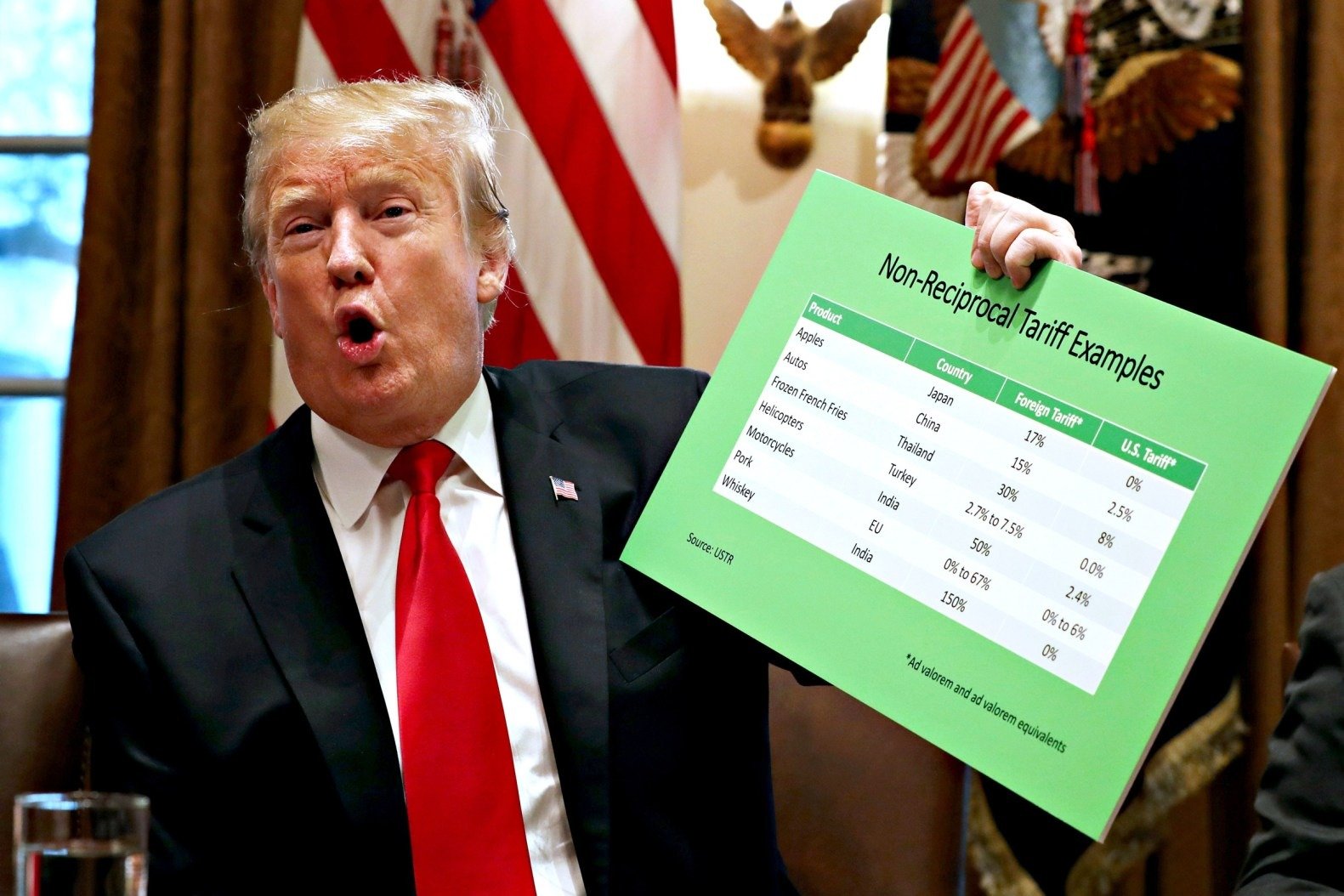This week, President Donald Trump introduced a new set of tariffs, including a 10% “baseline” tariff on most imports, which went into effect on April 5. This move has sent ripples through the global economy, prompting a variety of responses from world leaders. While some nations are considering retaliatory measures, others are seeking dialogue to mitigate the impact. The tariffs have also sparked concerns about potential price increases for consumers and broader economic instability.
Diverse Reactions from Key Allies
Indonesia and Taiwan have decided against imposing retaliatory tariffs in response to Trump’s measures. This decision reflects a cautious approach, possibly aimed at avoiding further escalation of trade tensions. Meanwhile, Israeli President Benjamin Netanyahu is en route to Washington for a face-to-face meeting with Trump. This visit is expected to focus on discussing the new tariffs and finding a mutually beneficial resolution. Israel had previously attempted to preempt the tariffs by lifting all tariffs on U.S. products, a move that underscores the close economic and political ties between the two nations.
The UK’s Economic Concerns
UK Prime Minister Keir Starmer has voiced significant concerns about the impact of the tariffs on the British economy. He warned that “the world as we knew it has gone” and emphasized that the UK government is prepared to intervene to protect its economy. This statement highlights the deep uncertainty and potential disruptions that the tariffs could cause, especially for countries with close trade ties to the U.S.
Economic and Market Implications
Experts have raised alarms that the tariffs could lead to higher prices for consumers, as businesses may pass on the increased costs of imports. The tariffs have already caused market turmoil, with stock markets experiencing significant fluctuations. Despite these concerns, Trump has urged the U.S. to “hang tough,” emphasizing his belief in the long-term benefits of these measures for American industry.
Elon Musk’s Perspective
Elon Musk, one of Trump’s closest advisers, has expressed his hope that the U.S. and Europe can move towards a zero-tariff situation. This view aligns with broader calls for reducing trade barriers to foster economic growth and cooperation. Musk’s influence and business acumen add weight to this perspective, potentially shaping future discussions on trade policy.
Navigating the Future of Global Trade
As the world grapples with the immediate and potential long-term effects of Trump’s tariffs, the coming weeks will be crucial in determining the trajectory of global trade relations. The outcomes of meetings like the one between Netanyahu and Trump will set precedents for how nations navigate these new trade challenges. Meanwhile, the economic and market responses will continue to shape the debate on the effectiveness and necessity of such tariffs.




